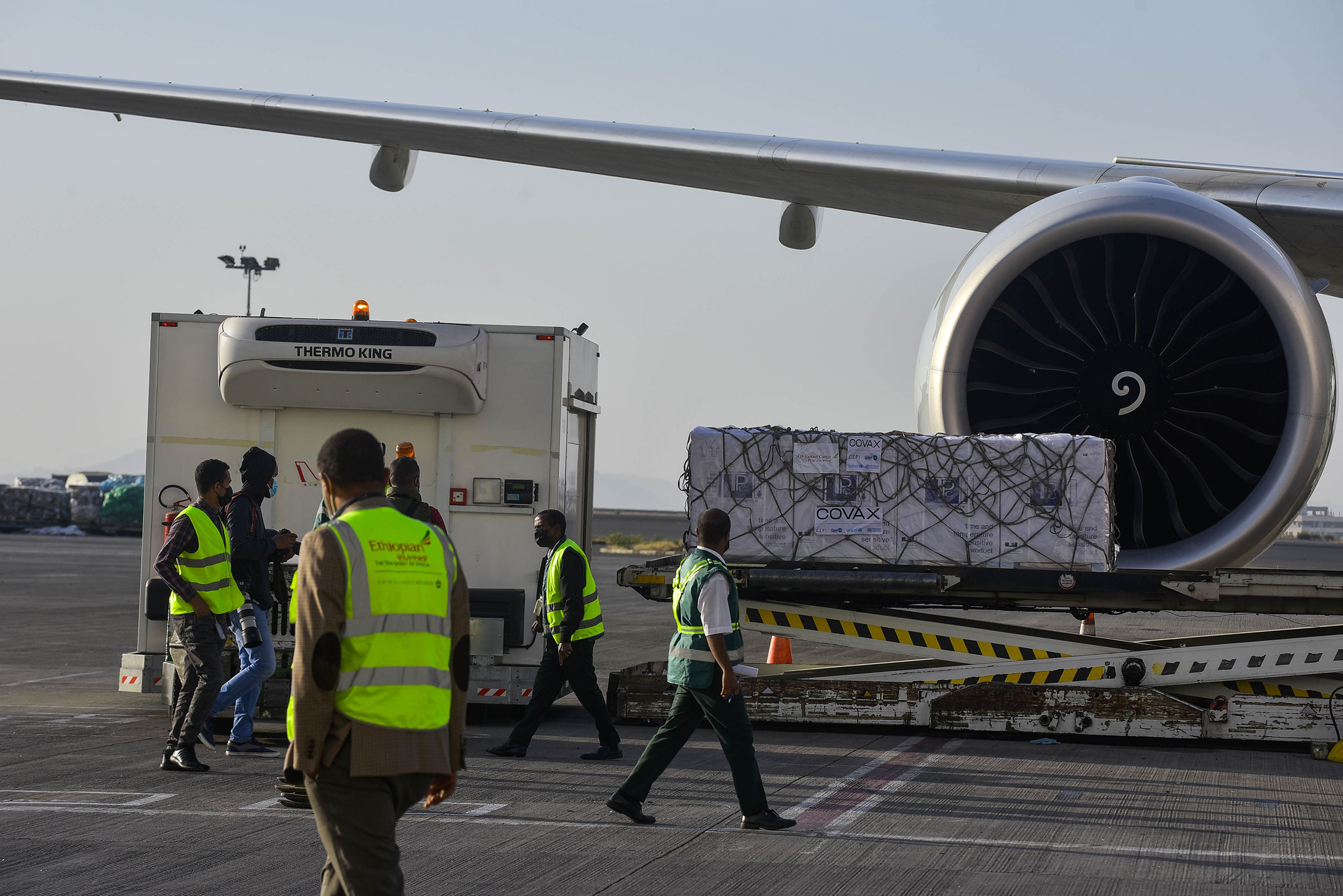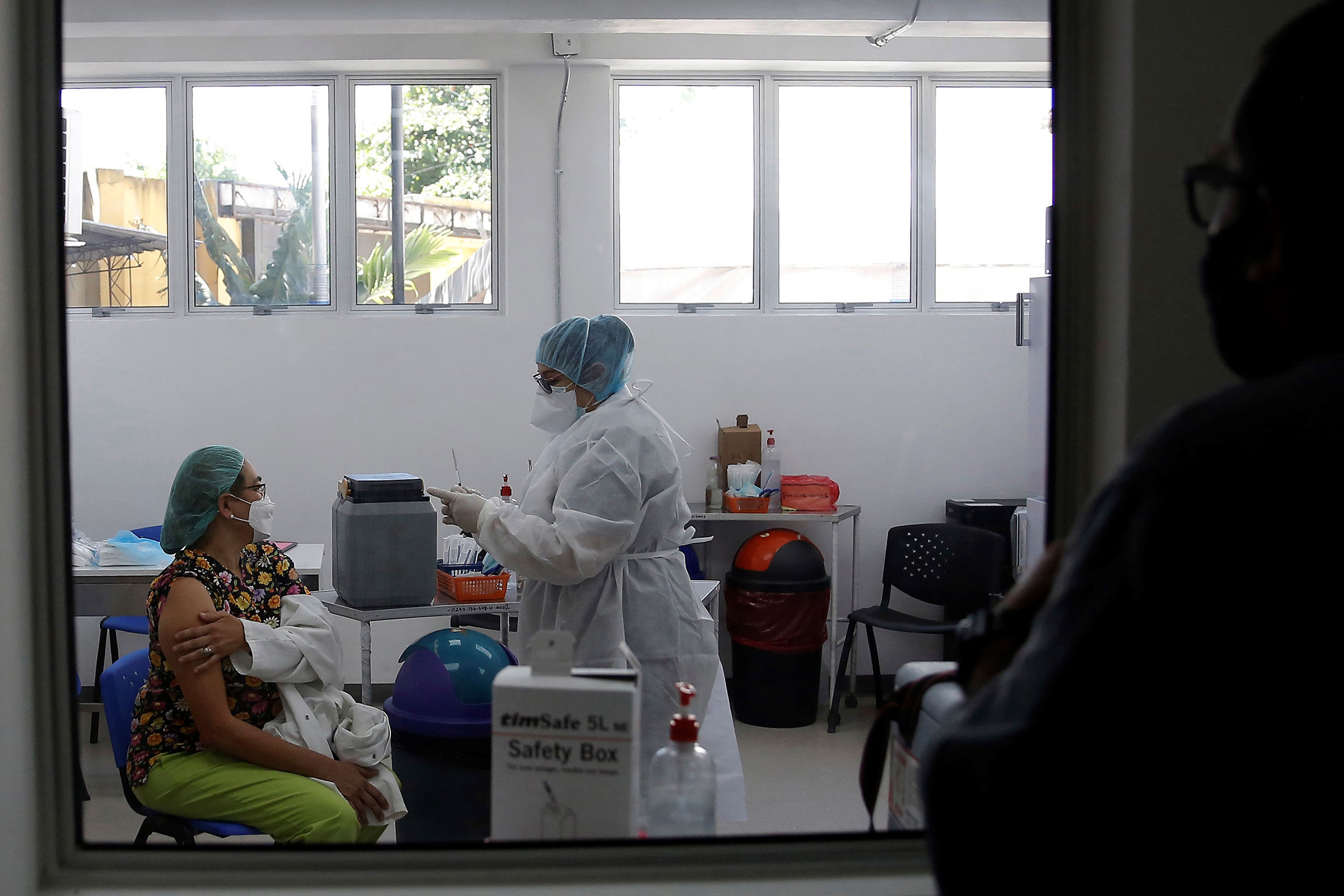
When this pandemic first began, it quickly became clear that we didn’t just need vaccines, we’d also needed vaccinations, and lots of them. Until people in all corners of the world—not just those that could afford it—were protected, the virus would continue to rage. In an unprecedented show of global solidarity, the world came together to back COVAX, a unique global solution aimed at making equitable access to COVID-19 vaccines possible. Today, however, the world is failing COVAX, despite the initiative—under the leadership of Gavi, the Vaccine Alliance, the Coalition for Epidemic Preparedness Innovations and the World Health Organization—having demonstrated that its model works and despite having the support of 192 governments.
People in 122 economies have already received COVAX doses, more than 58 million of them. By the end of the year, the program will have delivered at least 1.3 billion doses, and possibly 1.8 billion by early 2022, to people in 92 lower-income countries who would otherwise have limited or no access to them. But we can and need to get there quicker. Research commissioned by COVAX suggests that while a third of people in the wealthiest countries have now had their first dose, so far just 0.2% of people in lower-income countries have received any. Supply bottlenecks are a problem for many countries, but at a global level, right now the issue isn’t that there aren’t enough doses to go around—it’s just that they aren’t going around.
Governments clearly recognize the need for equitable access and support the principle that ability to pay should not determine whether someone is protected from this virus—that’s shown through their support and funding of COVAX. And yet, we continue to see action taken by individual governments at the domestic level such as export bans and dose hoarding that are hindering efforts to end the pandemic at the global level.
Read more: India’s COVID-19 Crisis Is Spiraling Out of Control. It Didn’t Have to Be This Way
One of the motivations for creating COVAX was to avoid a repeat of what happened in 2009, during the swine-flu pandemic, when the majority of vaccines ended up in the possession of only a small number of high-income countries. The COVAX Advance Market Commitment, or AMC, solves this by creating a way for doses to be procured for lower-income countries, funded largely through contributions from wealthier countries as well as philanthropic institutions.
COVAX also put in place incentives to ensure manufacturers could produce doses at scale the moment they were authorized, as well as ensuring that important no-fault compensation, indemnification and liability legal safety nets were in place. COVAX has also worked with lower-income countries, many of which have had their already weak health systems disrupted by the pandemic, to ensure they have the supply and cold chains in place to ready deliver these vaccines when ready.

But global access to vaccines is not happening fast enough, and it’s in everyone’s interest that we get there sooner. The longer it takes to protect people most at risk, such as health and social care workers and vulnerable people, the longer the virus will continue to circulate and the greater the risk that new and potentially more dangerous variants will emerge. Moreover, any delay will also prolong the economic misery, by ensuring that efforts to resume commerce, trade and travel continue to stall.
Only governments have the power to speed things up now, by turning their commitment to COVAX into action, and there are four keys to make this happen.
The first is to end relevant export bans. Export controls affecting the flow of vital ingredients, components and doses are anathema to a global response. At a time when the world is trying to resume trade and commerce, export bans work completely counter to this, both in spirit and outcome.
The second concerns the billions of doses that wealthy governments ordered when they didn’t know which vaccines would prove to be safe and effective, and which they now don’t need. If the estimated 1.5 billion surplus doses ordered by governments were shared efficiently and equitably through COVAX rather than used for diplomacy, there would be a huge impact on global public health. Some global leaders have already played a key role in driving this, both in terms of donating their own doses and in encouraging others to do the same. But we need more.
The third key is to help COVAX buy more doses. The more doses we have, the more vulnerable people we can protect. So, in addition to the $6.6 billion already pledged, we urgently need to get additional commitments of some $1.7 billion in donor funding. It would also enable COVAX to further diversify its vaccine portfolio and make preparations to fight variants if the need arises.
The fourth way governments and industry can help is by throwing their weight behind the support of technology transfers and the critical role they can play in scaling up production during a pandemic. Last week, the U.S. government backed a call to waive patents for COVID-19 vaccines. But in addition to sharing intellectual property, we also need manufacturers to share the critical know-how needed to make them. Technology transfers, where manufacturers work together to enable the rapid and frictionless exchange of information between vaccine developers and contract manufacturers, make this possible and is one reason the world was able to get COVID-19 vaccines quickly and in such volumes. Technology transfers clearly work, we just don’t have enough of them.
The point is we have COVAX and it works. The fact that the world came together in a time of unprecedented crisis and threw its weight behind it is something to be celebrated. But it’s not enough for governments to voice support for COVAX only to allow their domestic vaccine-procurement policies to simultaneously undermine it. If we want to end this crisis, then the world needs to do everything it can to let COVAX deliver.
More Must-Reads from TIME
- Inside Elon Musk’s War on Washington
- Why Do More Young Adults Have Cancer?
- Colman Domingo Leads With Radical Love
- 11 New Books to Read in February
- How to Get Better at Doing Things Alone
- Cecily Strong on Goober the Clown
- Column: The Rise of America’s Broligarchy
- Introducing the 2025 Closers
Contact us at letters@time.com